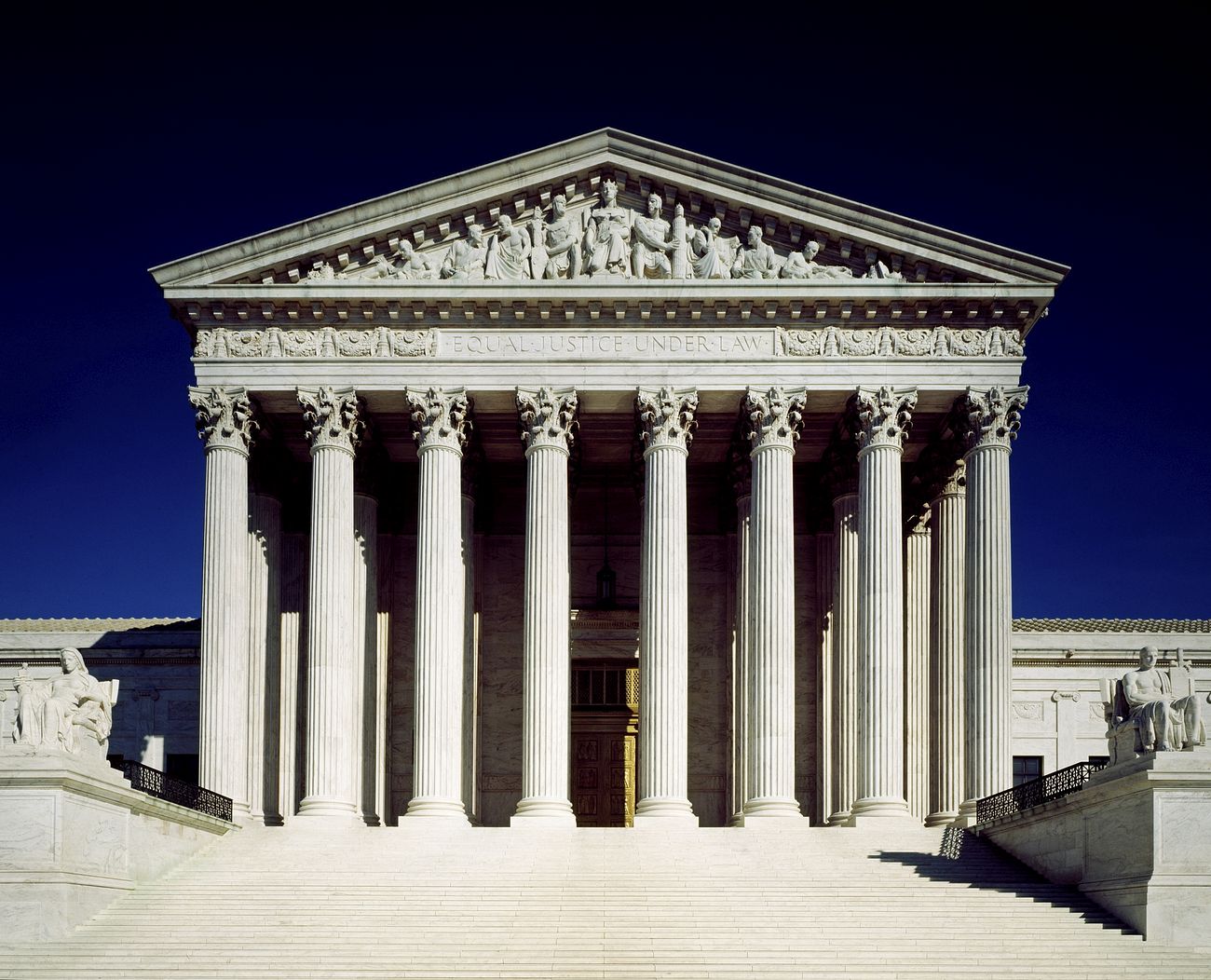U.S. Supreme Court Upholds Whistleblower Protection: A Milestone in PETA Undercover Recording Case
Posted November 1st, 2023

In a landmark decision, the U.S. Supreme Court has taken a significant step in strengthening whistleblower protection laws by declining to hear an appeal in the case brought forward by North Carolina’s Democratic Attorney General. This ruling, which pertains to undercover recordings, is a powerful reminder of the vital role whistleblowers play in upholding accountability, transparency, and ethical standards in society.
The case in question revolves around the activities of PETA (People for the Ethical Treatment of Animals) and its undercover investigations into animal cruelty. PETA, a prominent animal rights organization, has frequently relied on covert recordings to expose inhumane practices at various facilities. The organization’s efforts aim to shed light on animal rights violations and advocate for more humane treatment.
However, those being exposed in these recordings have, at times, retaliated legally by claiming that the recordings violated their privacy or property rights. The case reached the U.S. Supreme Court, where the justices’ decision to turn away the appeal is a crucial turning point for whistleblowers and their defenders.
Upholding Whistleblower Protection
The Supreme Court’s decision to reject the appeal sends a strong signal in favor of protecting whistleblowers, and here’s why this ruling is so important:
- Preserves the Freedom to Expose Wrongdoing: Whistleblowers are often the first line of defense against unethical or illegal activities within organizations, government agencies, or businesses. By refusing to entertain the appeal, the Supreme Court sends a clear message that undercover recordings are an important tool for exposing wrongdoing without fear of legal repercussions.
- Promotes Transparency: In a society that values transparency and accountability, whistleblowers play a pivotal role. Their actions are instrumental in bringing hidden truths to the surface and driving change. Protecting their ability to gather evidence through undercover recordings ensures that organizations are held accountable for their actions.
- Encourages Ethical Behavior: The fear of exposure can deter individuals and entities from engaging in wrongful activities. By safeguarding whistleblowers, the Supreme Court ruling encourages ethical behavior and the adherence to laws and regulations.
- Fosters a Culture of Responsibility: Whistleblowers are often motivated by a sense of responsibility toward the greater good. Protecting their rights fosters a culture where individuals feel empowered to come forward when they witness actions that go against their moral or ethical principles.
- Empowers Advocacy Groups: Non-profit organizations and advocacy groups, such as PETA, often rely on undercover recordings to make their cases. This ruling allows these organizations to continue their work without the constant threat of legal retaliation.
The U.S. Supreme Court’s decision to turn away the appeal in the PETA undercover recording case is a significant win for whistleblowers and the broader cause of transparency and accountability. It sends a resounding message that the protection of those who expose wrongdoing is of paramount importance. Whistleblowers serve as the conscience of society, and their contributions must be safeguarded to ensure a just and ethical world. This ruling represents a milestone in the ongoing effort to support and protect whistleblowers, making the path forward brighter for those who seek to uncover the truth and fight for justice.


